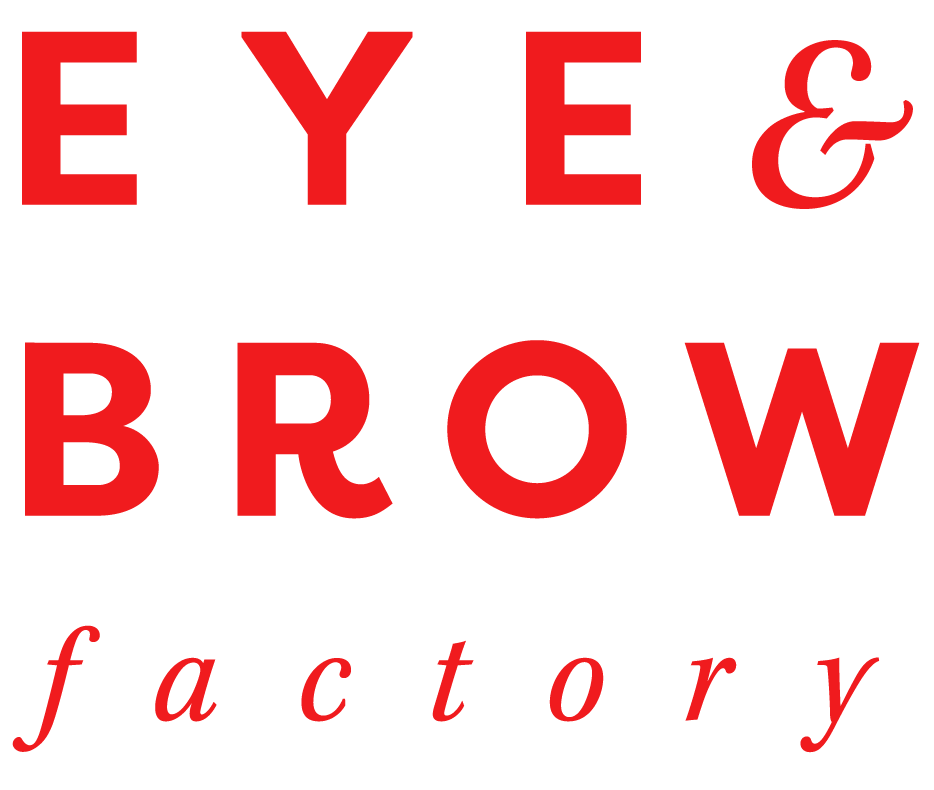Do You Need a License to Be a Permanent Makeup Artist?
Discover Your Path
Understanding the Importance of Licensing in Makeup Artistry
Are you passionate about makeup and considering a career as a permanent makeup artist? One of the crucial questions you might be asking is whether you need a license to practice. Licensing can be a gateway to many opportunities, but navigating the requirements can be confusing.
This comprehensive guide will walk you through the role of licensing, its pros and cons, alternative career paths, and what the future holds for makeup artists. Whether you're aiming to specialize in permanent makeup or traditional artistry, we've got insights tailored just for you.
The Role of Licensing for Makeup Artists
Licensing in the makeup industry serves as a formal recognition of your skills and expertise. It typically involves completing specific training and passing exams to demonstrate proficiency in various techniques and safety practices. Depending on where you live, the requirements for obtaining a makeup artist license can vary significantly. For instance, in the United States, licensing regulations differ from state to state, with some requiring a cosmetology license while others have specific certifications for makeup artistry.
Understanding these variances is essential for aspiring makeup artists who wish to practice legally and professionally. Additionally, licensing often extends to specialized fields such as a permanent makeup license, where more rigorous standards ensure that practitioners are well-versed in health and safety measures. Permanent makeup licensing can involve additional training in areas like powder brows, lip blushing, and lash line enhancement, reflecting the intricate nature of these services.
Permanent Makeup Licensing Requirements in Texas
In Texas, aspiring permanent makeup artists do not need a cosmetology license; instead, they must obtain a tattoo license. In Texas, the tattoo license is issued to the location where the artist works.
Staying updated on any changes in state health services and regulation laws regarding permanent makeup business is essential for practitioners to maintain their licenses and ensure the highest standards of practice.
Pros and Cons of Getting Licensed
Obtaining a makeup artist license comes with its set of advantages. Licensed professionals often find it easier to gain clients' trust, as the certification assures them of your competence and adherence to industry standards. It can also open doors to work in more regulated environments, such as film and television, where credentials are a must-have.
However, there are challenges. The cost and commitment required to complete the necessary training and exams can be significant. Additionally, not all regions mandate a license for makeup artists, which can lead to discrepancies in professional recognition.
How to Become a Licensed Makeup Artist
If you've decided that obtaining a license is the right path for you, here's a step-by-step guide to becoming a licensed makeup artist. First, research the specific requirements in your area, as they can greatly differ. Once you're familiar with what's needed, look for institutions that offer the necessary courses. These programs often cover fundamental and advanced techniques, hygiene practices, and client management.
For those interested in permanent makeup training, specialized courses such as those provided by Sasha Bushtruk offer comprehensive training. These courses include online preparation to develop correct movements, hands-on practice on models, and an option to extend training for more experience. The investment in such courses is worthwhile, as they equip you with the skills needed to excel in permanent makeup techniques.
Is Permanent Makeup Lucrative?
The field of permanent makeup has gained immense popularity in recent years, sparking interest among aspiring artists and entrepreneurs alike. Many practitioners find that permanent makeup services can be quite lucrative due to their growing demand. Clients are increasingly seeking long-lasting solutions for their beauty needs, such as eyebrow tattoos, lip blushing, and eyeliner enhancements, creating a steady stream of potential business.
Artists often charge premium prices for these specialized services, given the skill and training hours required to perform them safely and effectively. Additionally, the low overhead costs of a permanent makeup studios, especially for freelance artists, it can contribute to higher profit margins.
However, success in this niche also depends on factors such as location, branding, and effective marketing strategies. Building a solid client base and maintaining a strong reputation through high-quality work and customer satisfaction are crucial for long-term financial success in the permanent makeup industry.
Personal Protective Equipment (PPE)
In the field of permanent makeup, the use of personal protective equipment (PPE) is crucial to safeguarding both the artist and the client. Proper handling not only helps prevent the transmission of infections but also ensures compliance with health and safety regulations.
Essential items of PPE include disposable gloves, which protect the skin from potential cross contamination and infection; face masks, which reduce the risk of transmitting pathogens; and barrier film to prevent cross contamination of equipment and therefore clients.
Summary
In summary, whether or not to pursue a license as a makeup artist depends on your career goals and personal circumstances. Licensing can provide a solid foundation, especially for those looking to specialize in areas like permanent makeup that require specific training and safety knowledge.
For aspiring makeup artists, the key is to stay informed about industry trends and regulatory changes, ensuring you are well-prepared to seize opportunities. Consider reaching out to professionals in the field, enrolling in relevant courses, and continuously honing your craft.
Ready to take the next step? Explore our resources and connect with seasoned professionals who can guide you on your makeup artistry journey. Whether you choose to get licensed or forge your own path, the world of beauty awaits your unique touch.
